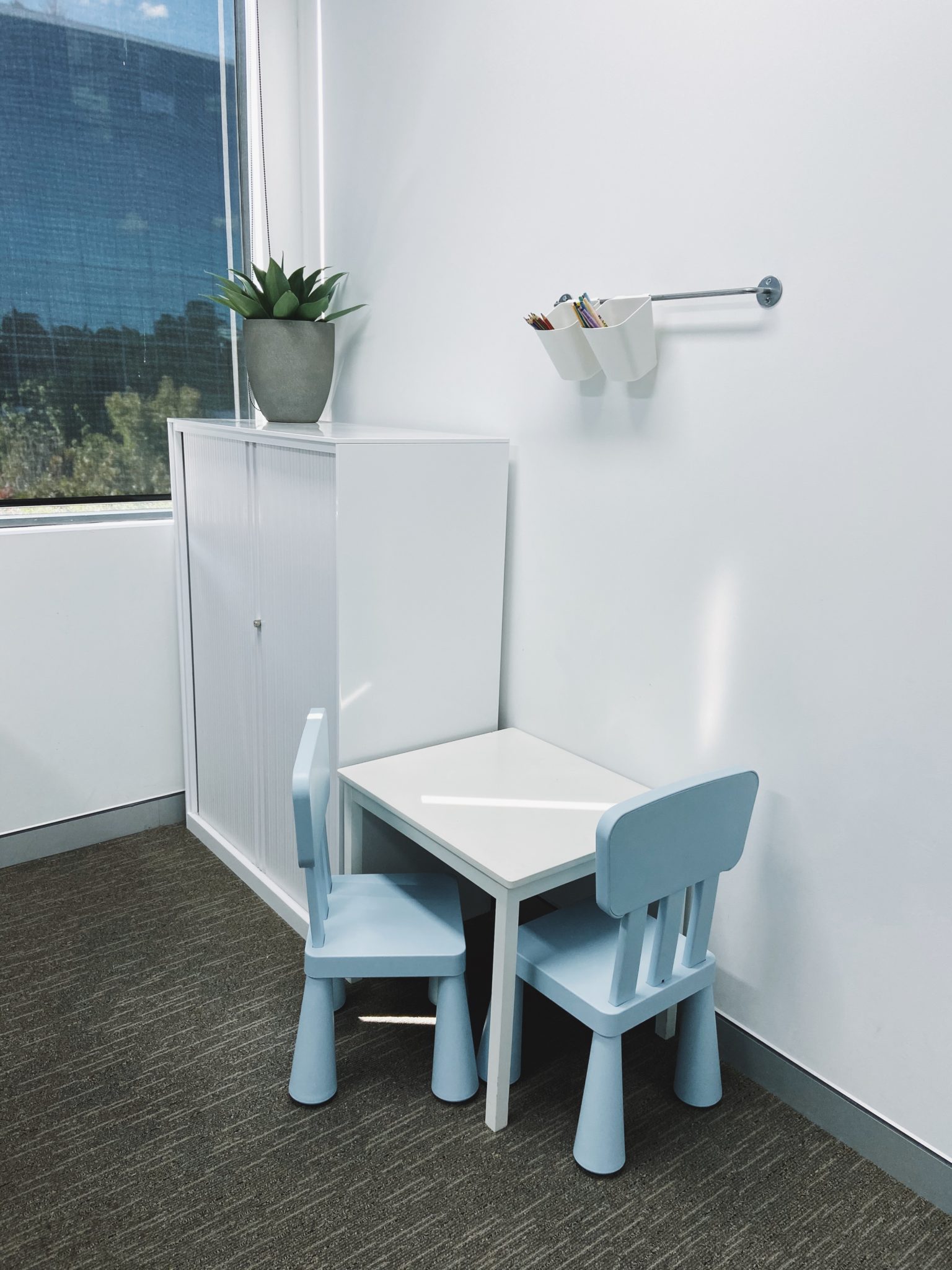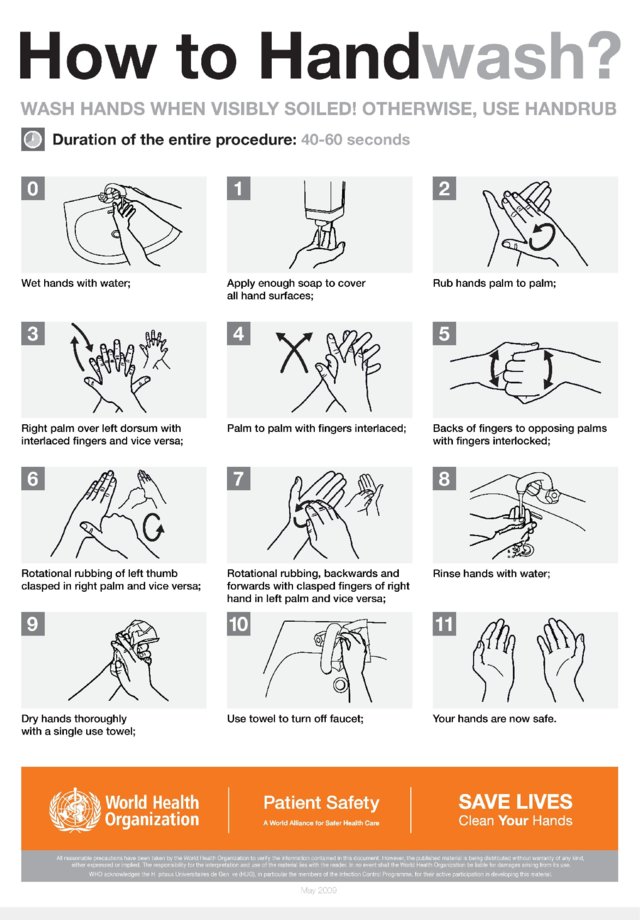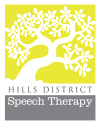HDST staff will be informed and adequately protected to minimise the risk of illness, accident or injury at work by promoting good occupational safety and health practices which are also consistent with legislative requirements.
HDST’s Management team is committed to a policy enabling all work activities to be carried out safely, and with all possible measures taken to remove or reduce risks to the health, safety and welfare of staff, visitors, and anyone else who may be affected by our operations. We are committed to ensuring we comply with the Work Health and Safety Act 2012 and applicable Codes of Practice and Australian Standards as far as possible.
Management will ensure it provides:
- Safe premises
- Safe machinery and materials
- Safe systems of work
- Information, instruction, training and supervision
- A suitable working environment and facilities
- Workers compensation insurance
- A commitment to consult and co-operate with workers in all matters relating to health and safety in the workplace
- A commitment to continually improve our performance through effective safety management.
- A detailed log of any incidents or work place related occurrences which require attention
- Ensure there are procedures for emergencies and drills in place and staff are aware of the procedure
Management will seek independent advice if they are unsure of their OH&S and WHS responsibilities.

Each staff member also has an obligation to:
- Comply with safe work practices, with the intent of avoiding injury to themselves and others
- Take reasonable care of the health and safety of themselves and others
- Wear personal protective equipment and clothing where necessary
- Comply with any direction given by management for health and safety
- Not misuse or interfere with anything provided for health and safety
- Report all accidents and incidents on the job immediately to management, no matter how trivial
- Report all known or observed hazards to their supervisor or manager.
To ensure that all participants feel safe and comfortable when receiving supports, our staff will ensure that:
- All participants can easily identify clinicians and staff members through their badges.
- Badges are worn at all times in all work environments, including external visits. These badges provide
- Clinician’s name
- Clinician’s profession
- The name of our business; ‘Hills District Speech Therapy’
- If the supports are provided at the participant’s home, clinicians work with the participant/client to ensure a safe support delivery environment
- A risk assessment is completed for all new home visits. Clinicians follow the procedure for external visit requirements
- Entering a home for the first time- requirements
- Risk assessment
- If necessary, work is undertaken with other providers and services to identify and treat risks, ensuring at all times safe environments, and preventing and managing injuries
Infection Control
Any person working in or entering a healthcare facility is at risk of contracting a healthcare-associated infection (HAI). However, HAI is a potentially preventable adverse event rather than an unpredictable complication. Effective infection prevention and control is central to providing high quality care for clients and a safe working environment for speech pathologists.
Procedure
Hand hygiene must be performed after every episode of client contact, including after the removal of gloves. Alcohol-based hand rubs containing between 60% and 80% v/v ethanol or equivalent should be used. If hands are visibly soiled, hand hygiene should be performed using soap and water. There are hand hygiene visuals available in all bathrooms on level 2 of our clinic as well as under each hand sanitiser pump. For more information on appropriate hand washing techniques, visit www.who.int/gpsc/clean_hands_protection/en/.
Personal protective equipment, specifically gloves, must be worn as a single-use item for each invasive procedure; contact with sterile sites and non-intact skin or mucous membranes; and any activity that carries a risk of exposure to blood, body substances, secretions and excretions. Gloves must be changed between patients and after every episode of individual patient care.

Frequently touched surfaces must be cleaned with detergent solution at least daily, and when visibly soiled and after every known contamination. General surfaces and fittings must be cleaned when visibly soiled and immediately after spillage.
Touched surfaces of shared clinical equipment must be cleaned between uses, with detergent solution.
Surface barriers should be used to protect clinical surfaces (including equipment) that are touched frequently with gloved hands during the delivery of client care, likely to become contaminated with blood or body substances, or are difficult to clean.
Waste management
- HDST do not deal with storage and disposal of infectious and hazardous substances on a regular basis.
- Where infrequent incidents involving infectious material, body substances and hazardous substances occur, such as vomit or urine accidents within the clinic, guidelines are followed to clear, clean and disinfect the area and dispose of waste
